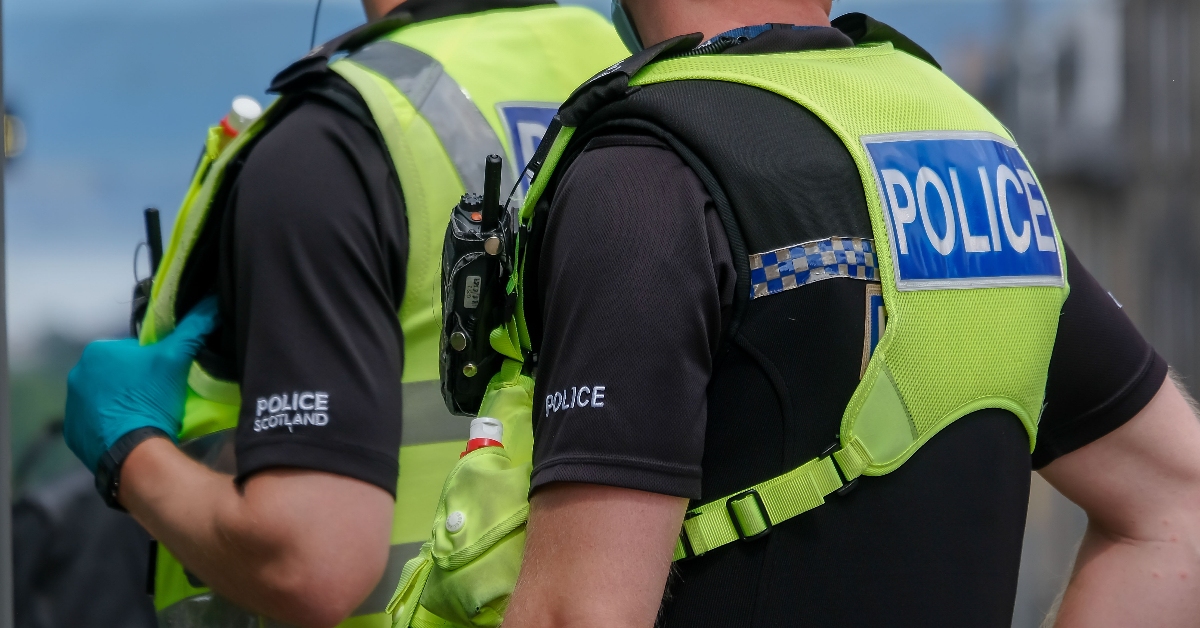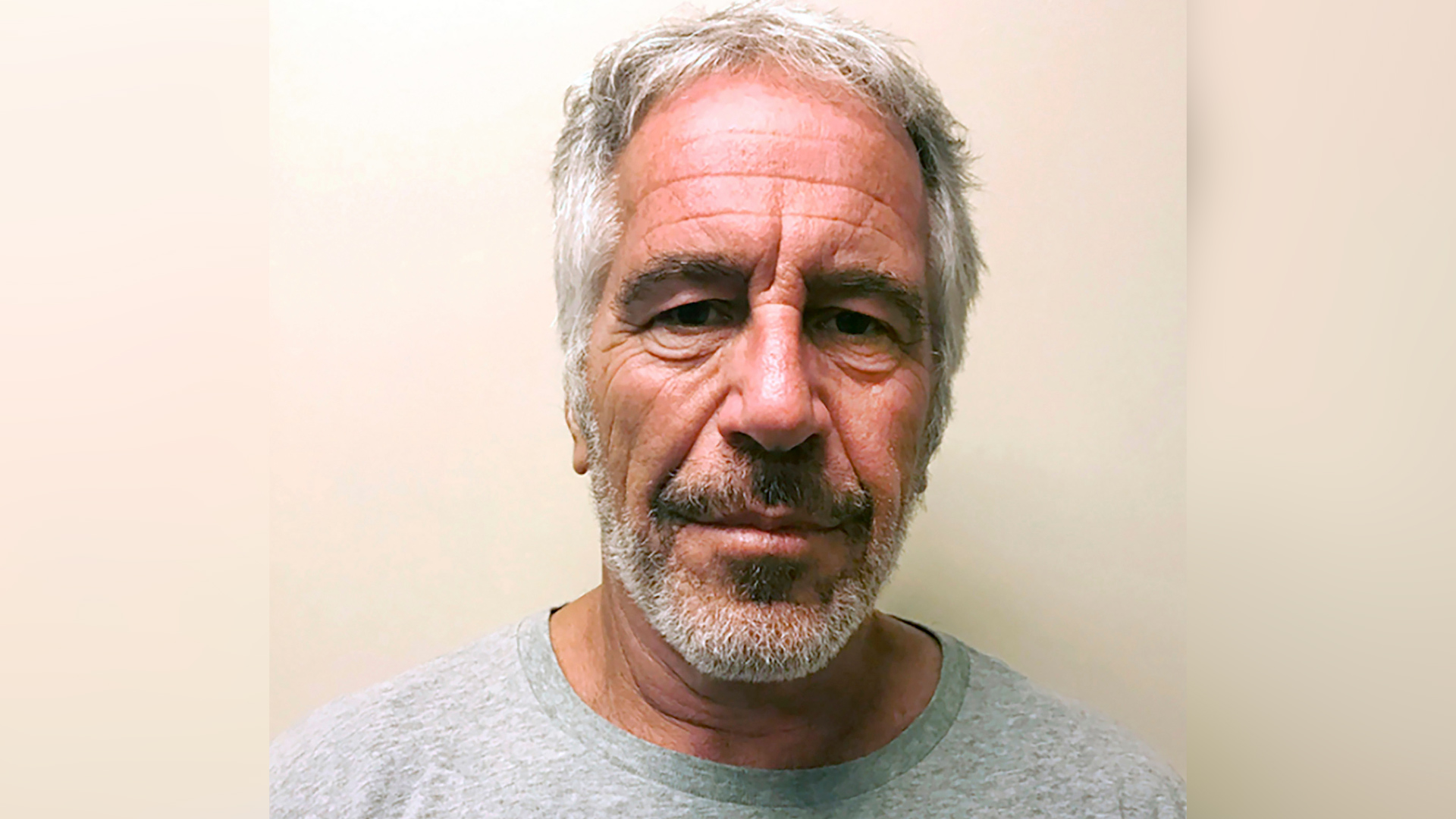A scrutiny body is set to seek “clarification” from Police Scotland’s chief constable that the way in which officers currently record a suspect’s sex and gender “is both reasonable and lawful”.
The Scottish Police Authority, which holds Police Scotland to account, is expected to question chief constable Jo Farrell over the “critical issue” at its next board meeting later this week after the subject “attracted criticism” in the media.
A paper due to be discussed by the authority on Thursday refers to the issue being raised by recent newspaper reports regarding the content of a letter sent by Police Scotland to a Holyrood committee earlier this year.
In response to a probe being carried out by the Parliament’s Citizen Participation and Public Petitions Committee, the national force said the “sex/gender identification of individuals who come into contact with the police will be based on how they present or how they self-declare”.
Police Scotland added in their letter this approach adhered to “legislative compliance, operational need and the values of respect, integrity, fairness and human rights while promoting a strong sense of belonging”.
The content of the letter drew criticism from policy analysts Murray Blackburn Mackenzie, who submitted a petition to the committee raising concerns an offender born male but who self-identifies as female would be recorded as female in crime statistics.
According to the latest report from outgoing SPA chair Martyn Evans due to discussed on Thursday, the chief constable will be invited to comment directly on the controversy.
The document states: “Police recording of sex and gender for statistical and service delivery purposes is a critical issue for both safeguarding individuals and promoting the public interest.
“For the vast majority of people (99.56% according to the 2021 census), their sex and gender identity are aligned.
“However, any police recording policy or self-identification approach must address the rare situation where an individual’s sex differs from their gender identity.”
The report goes on to refer to the SPA’s approach to Police Scotland’s recording of sex and gender includes an assurance stating the force “should support public confidence and the interests of justice by having a record of both sex and gender where relevant, necessary, and proportionate to do so”.
The document continues: “Police Scotland’s submission to the Parliament’s Citizen Participation and Public Petitions Committee from March 2024 has again raised this issue, attracted criticism and questioned the appropriateness of the recording policy.
“The written evidence appeared to give sole primacy to self-identified gender and therefore contradicts our first area of assurance.
“Raising this issue at our September board meeting will provide an opportunity to seek public assurance and clarification that the approach and recording policy is both reasonable and lawful.
“The authority recognises that there are conflicting views regarding the relevance of the policy or approach.
“Given the recent discussion and debate, the authority would welcome clarification from the chief constable that this approach and recording policy considers the impact and safeguards victims.”
The row followed recent high-profile cases, including that of Adam Graham, who began identifying as Isla Bryson while waiting to stand trial after being accused of two rapes. Bryson was convicted of rape in February 2023 and jailed for eight years.
Follow STV News on WhatsApp
Scan the QR code on your mobile device for all the latest news from around the country




























